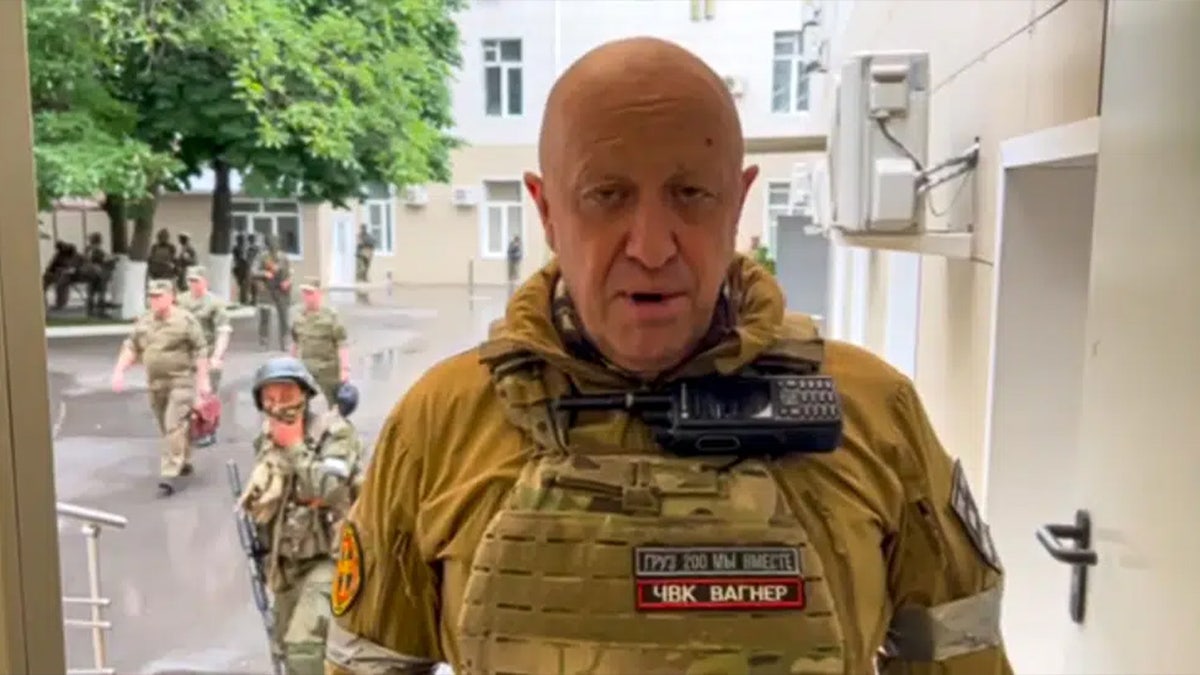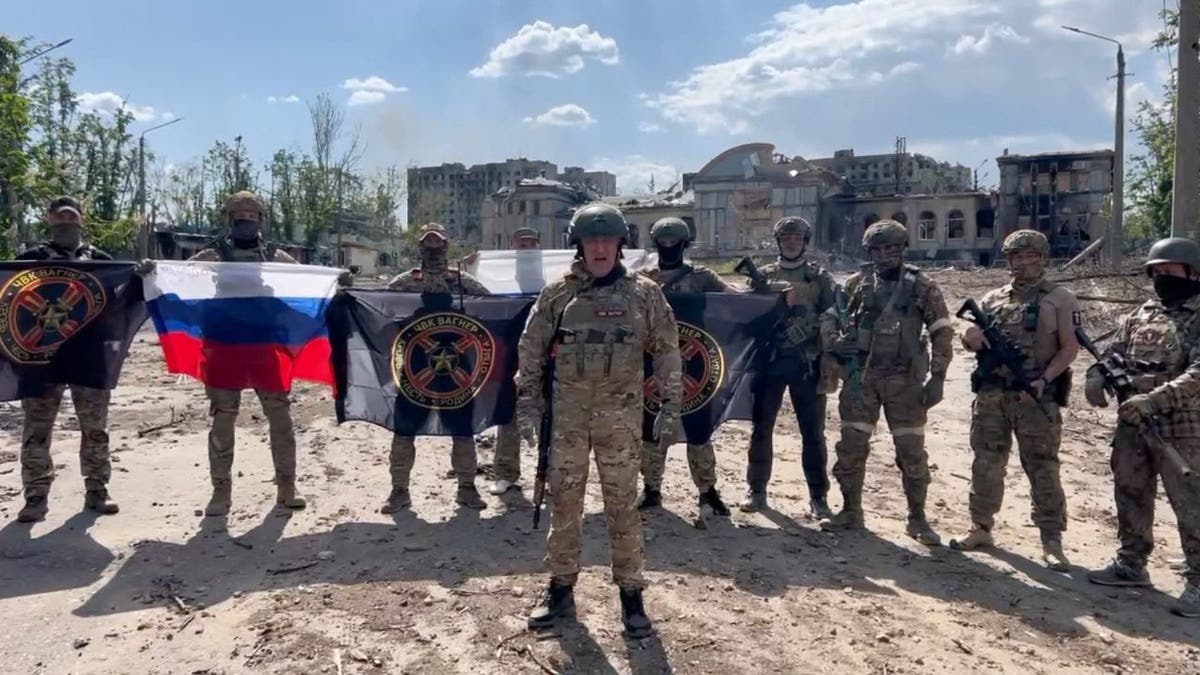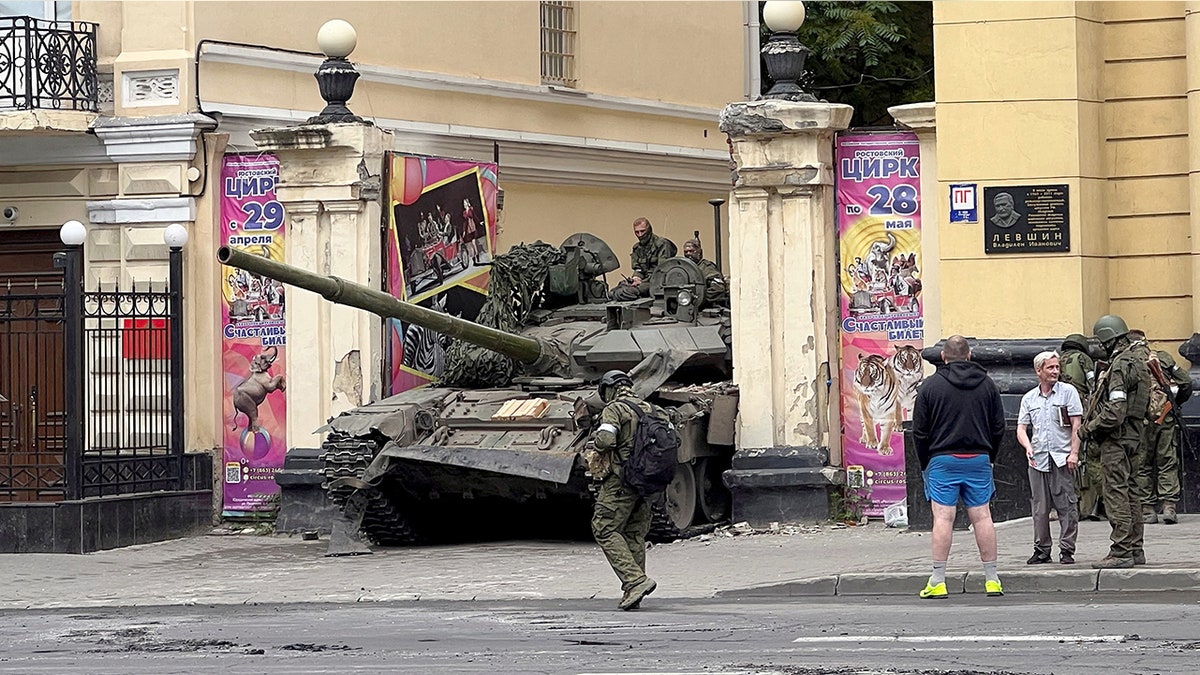From shadowy beginnings to a near-coup against the Kremlin, the Wagner Group, a private military force with close ties to Russian President Vladimir Putin, has experienced a dramatic rise and fall. Initially founded in 2014 by Yevgeniy Prigozhin, a businessman close to Putin, the group first gained notoriety during the annexation of Crimea. The Center for Strategic and International Studies (CSIS) has identified Wagner as a proxy for the Russian state, carrying out operations abroad often aligned with the Kremlin's interests.
Wagner's role significantly expanded during the conflict in Ukraine. Over fifteen months, the group deployed an estimated 50,000 personnel, a mix of contractors and convicts, to bolster Russia's struggling military campaign. As the war dragged on, Putin's reliance on Wagner grew, leading to increased influence for Prigozhin. Early reports even suggested Wagner was tasked with a mission to eliminate Ukrainian President Volodymyr Zelenskyy, prompting heightened security measures in Kyiv.

Prigozhin's growing power, however, seemed to lead to overconfidence. He openly criticized and alienated the Russian military command, a crucial misstep in his ascent. His ambition, likened to Icarus flying too close to the sun, ultimately led to his downfall. With the appointment of Valery Gerasimov as chief of the general staff, Prigozhin's access to resources and influence diminished significantly.
As Wagner's supplies dwindled, Prigozhin's rhetoric became increasingly aggressive, resorting to veiled threats against the military leadership. Tensions finally erupted on June 23rd when Prigozhin accused Russian forces of attacking his group and initiated a march towards Moscow. This act of defiance, however, proved short-lived.

Wagner's activities have drawn international condemnation. The European Union and the United States have imposed sanctions on the group for human rights abuses and destabilizing actions in various regions, including Libya, Syria, the Central African Republic, and Ukraine. The U.S. has designated Wagner as a significant transnational criminal organization.

Wagner's reliance on recruiting prisoners, often including military veterans, has also raised concerns. While this tactic provided a steady stream of manpower, it ultimately became another point of contention with the Russian Defense Ministry, leading to the program's termination under the new military command.
Comments(0)
Top Comments